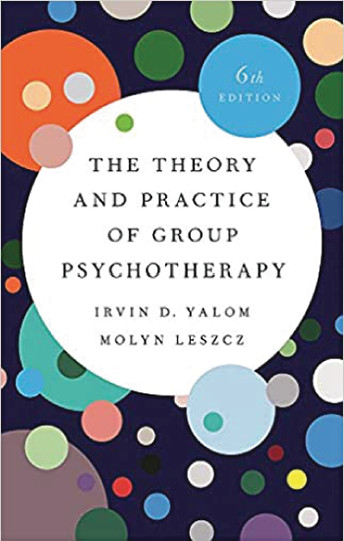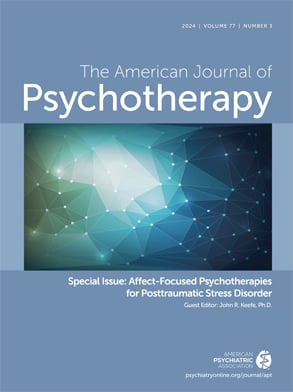The 2020 publication of
The Theory and Practice of Group Psychotherapy is the sixth edition of Irv Yalom’s classic text (the first edition was published in 1970). For half a century, Yalom has presented the most comprehensive textbook on group therapy that crosses geographic boundaries and has reached a worldwide audience. Early on, Yalom integrated research with the practice of group therapy. His work influenced many researchers, including Burlingame and Strauss (
1) and Lorentzen et al. (
2), who have elevated group therapy into a clinical research discipline. The addition of Molyn Leszcz as a coauthor (beginning with the fifth edition) brought a distinctive voice and unique perspective to book. Now 15 years later, Leszcz’s voice is even stronger, as is evident in the new material and expanded sections on research, culture, group therapy during the COVID-19 pandemic, video formats of telehealth, and the beginnings of a social justice policy incorporating diversity into the science of group therapy.
Although the chapter headings of each iteration of the book have remained stable for decades, the book is more clinically sophisticated than past editions, and the yoking of applied research to clinical practice is evident throughout. The authors placed an extensive reference list at the end of the book, which makes the volume more delightful to read and gives researchers and sophisticated readers the ability to stay current with basic research on group therapy per- formed worldwide.
As a result of the outcomes research on the efficacy and effectiveness of group therapy and the relentless efforts by both Yalom and Leszcz in group therapy teaching and practice, in 2018, the American Psychological Association (APA) publicly announced that group psychotherapy was recognized as a specialty, thus making it a defined area of practice requiring specific knowledge and skill that can only be taught in organized education and training. Furthermore, APA stated that evidence of the efficacy of group therapy supported a view of the field as comparable to the disciplines of clinical psychology and counseling psychology (
3). As group therapists, we owe Yalom and Leszcz a debt for their influence on bringing such esteem to group therapy.
The publication of the sixth edition comes as group ther- apy is becoming an ascendant force in the therapy literature and is attracting researchers involved in applying concepts of neuroscience to group development and group therapy (
4–7) and social neuroscience findings to treatment issues (
8,
9). Yalom’s choice of Leszcz (
10) as his writing partner—someone known for his untiring efforts to yolk research and practice and to provide tools for group practitioners to study their groups—brings a unique clinical voice and perspective. Yalom’s influence on group therapy practice and research both in the United States and abroad (2) is evident to all who are engaged in the theory, research, and practice of group therapy.
While there is no official chapter on theories of group therapy in Yalom’s book on existential psychotherapy (
11), his research on interpersonal group therapy deeply influenced the interpersonal “here-and-now” focus of his practice of group therapy. Staying in the here and now does not preclude deeper work on underlying issues of self-pathology or probing deeply into the relational unconscious fault lines of everyday life. Make no mistake, Yalom’s approach to therapy is as rigorous and sophisticated as his style is warm, engaging, and relational. And Leszcz’s voice emerges as a strong and unique addition to the theory and practice of group therapy that has broadened the reach of this book to group practitioners throughout the world.
Although the use of online videoconferencing predates COVID-19, it previously accounted for only about 10% of practice for group leaders. Now, that figure is closer to 100%. The new section on telehealth in the sixth edition points to potential future developments of telehealth in the practice of group therapy. We expect that if there is more life to be brought into the corpus of the science of group therapy, it will come from sources including developments in telehealth, the YouTube series on group therapy by Elliot Zeisel (
12), and other audiovisual teaching from psychotherapy.net. The COVID-19 pandemic has taught practitioners how to move the office into their homes, how to move from “the circle” to “the rectangles,” and how to deal with the disembodied visual online self. Thus, there is room for a future seventh edition to expand on issues of telehealth and video group therapy. Moreover, all group therapists are struggling with how to incorporate the social issues of culture, race, gender, climate change, social justice, and politics into the group therapy consultation room as both clinical and research issues. Perhaps the authors of the seventh edition will claim these treasures.
We want to thank Yalom and Leszcz for their tireless dedication to this sixth edition, which weds the science and practice of group therapy into an enchanting book that is as wise as it is readable. Therapists of all levels of experience will learn from and find something to enjoy in this book.


